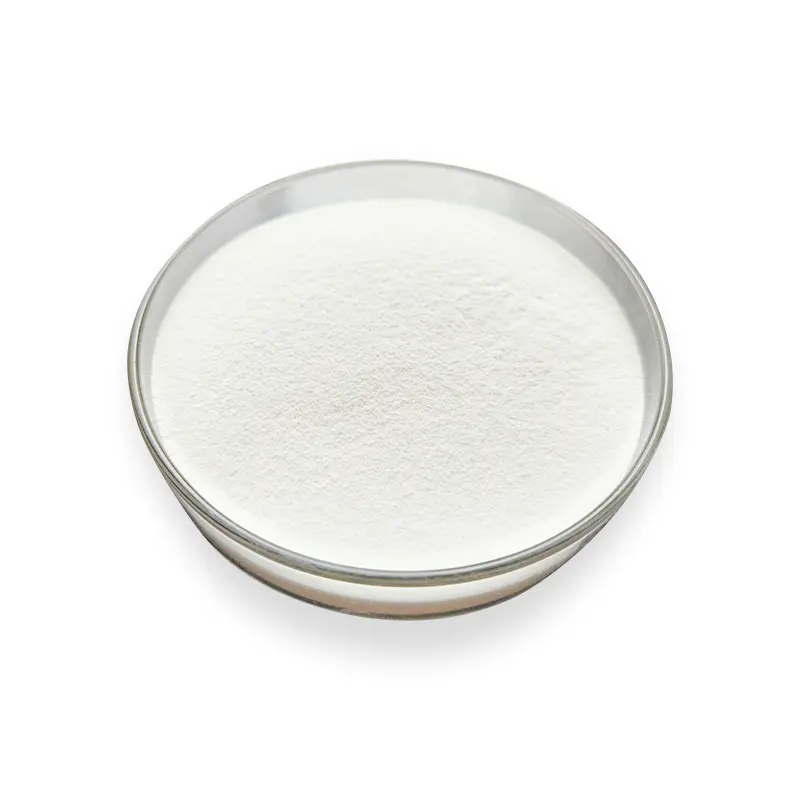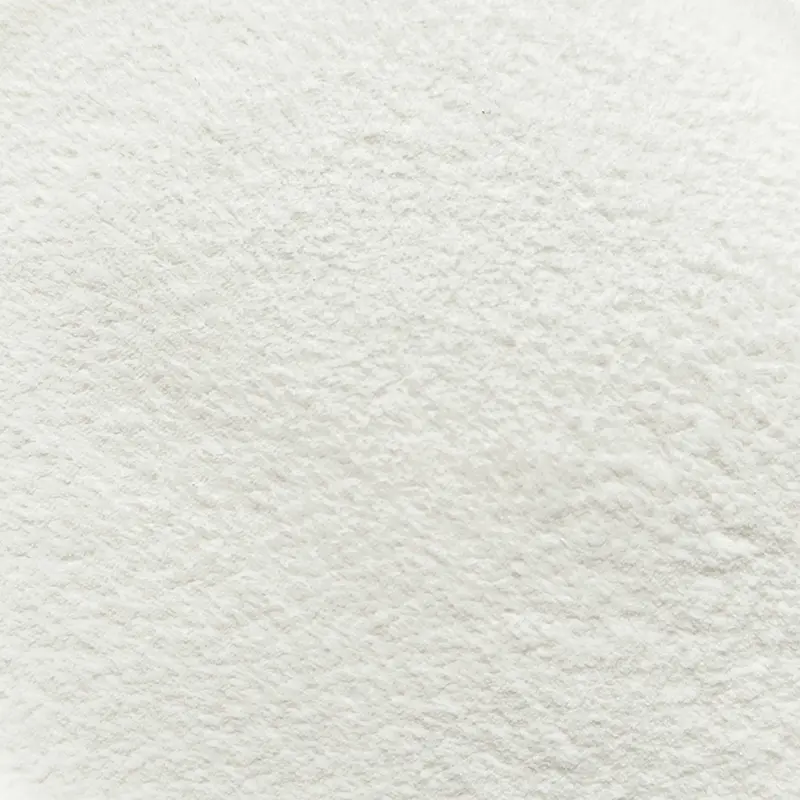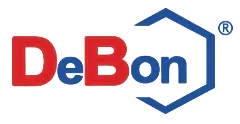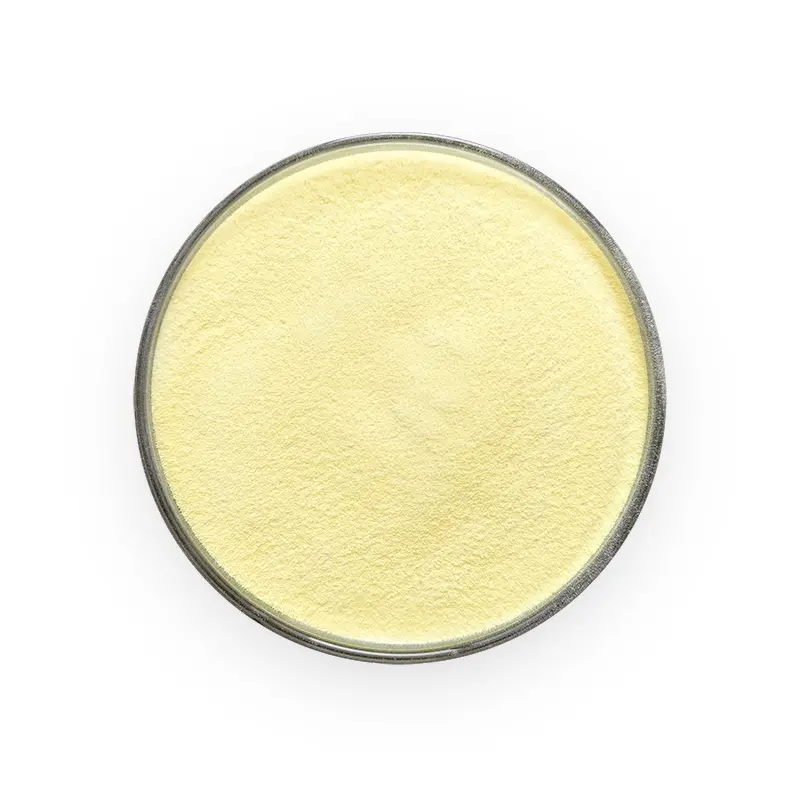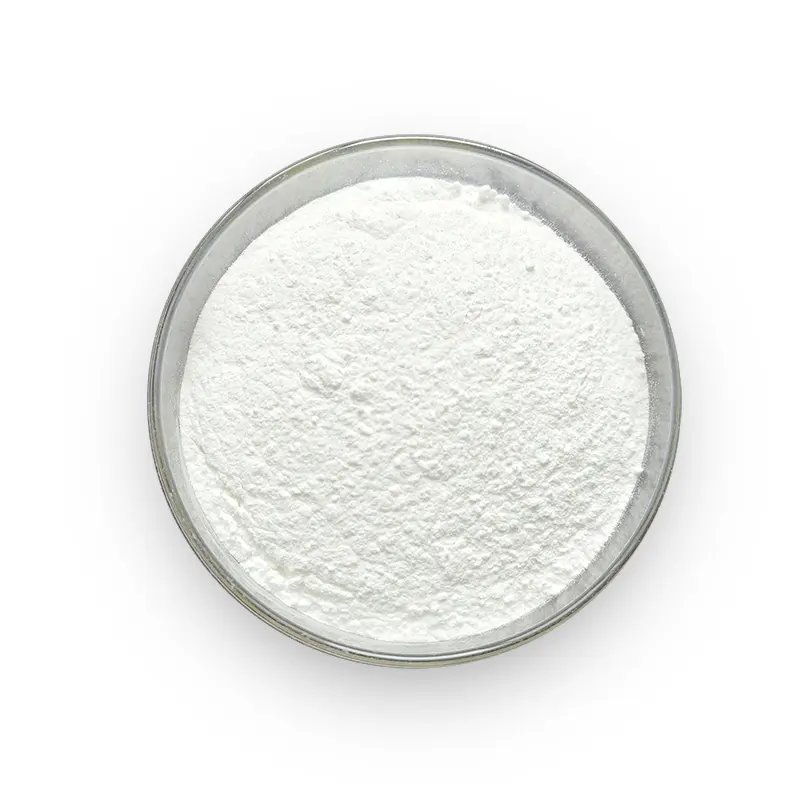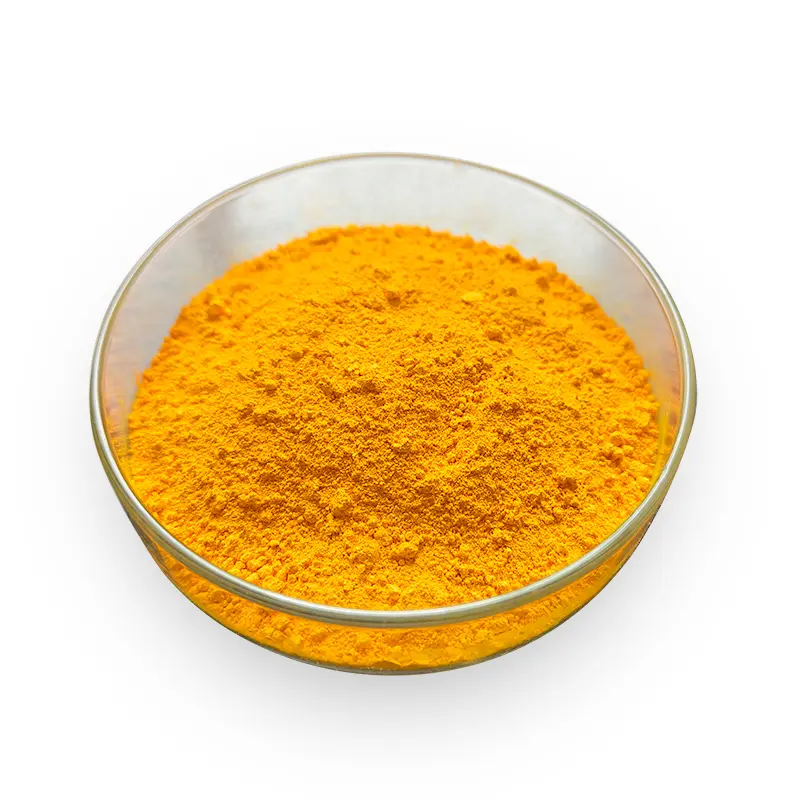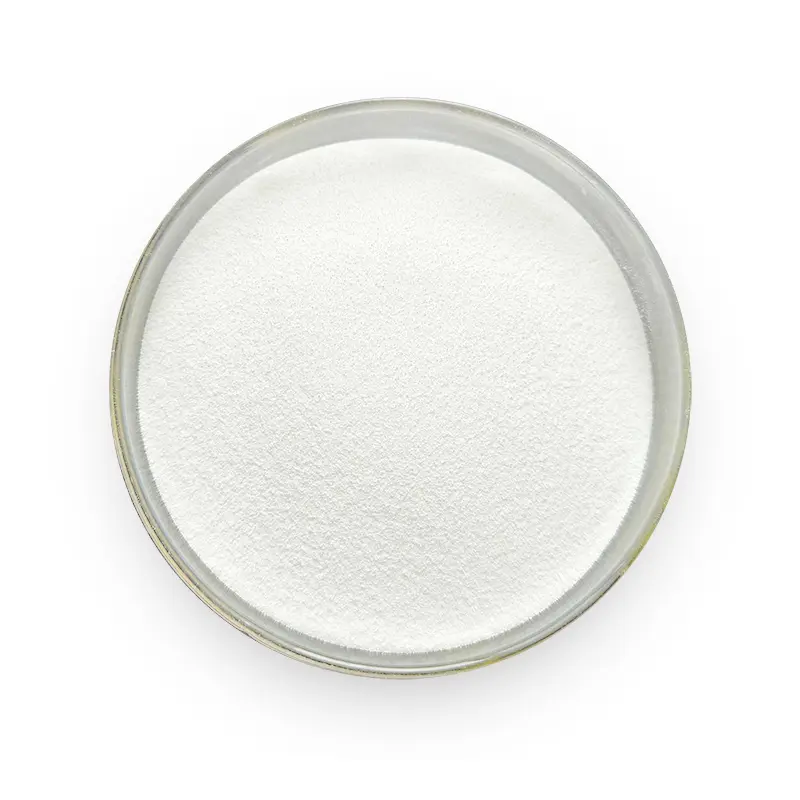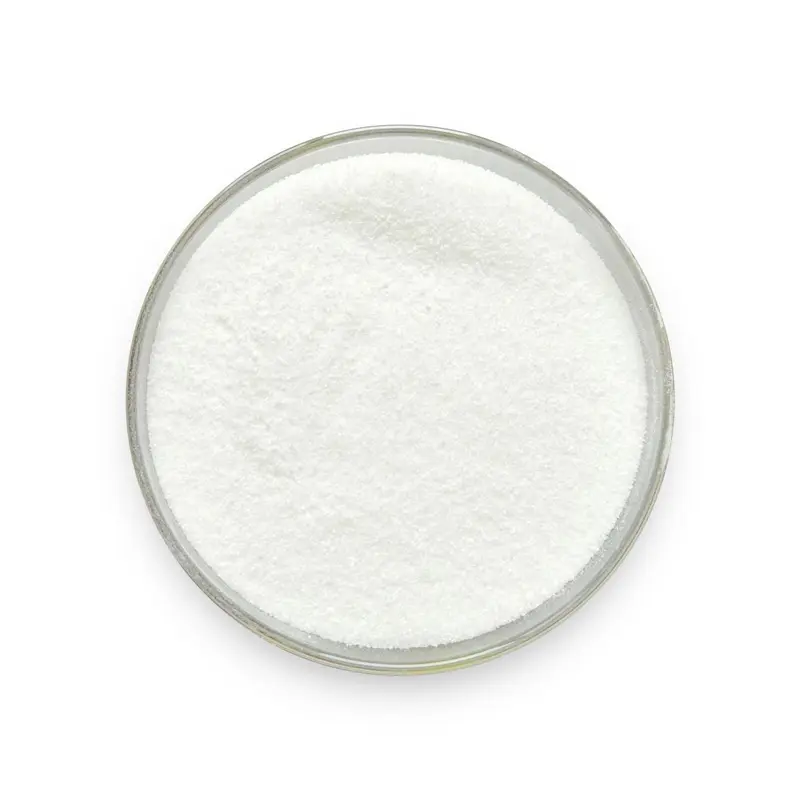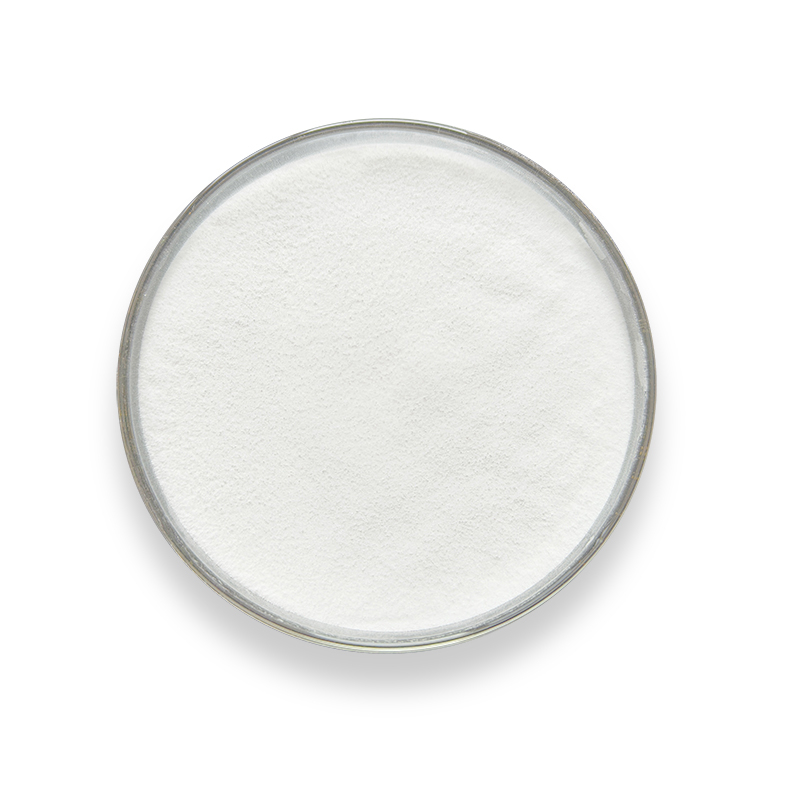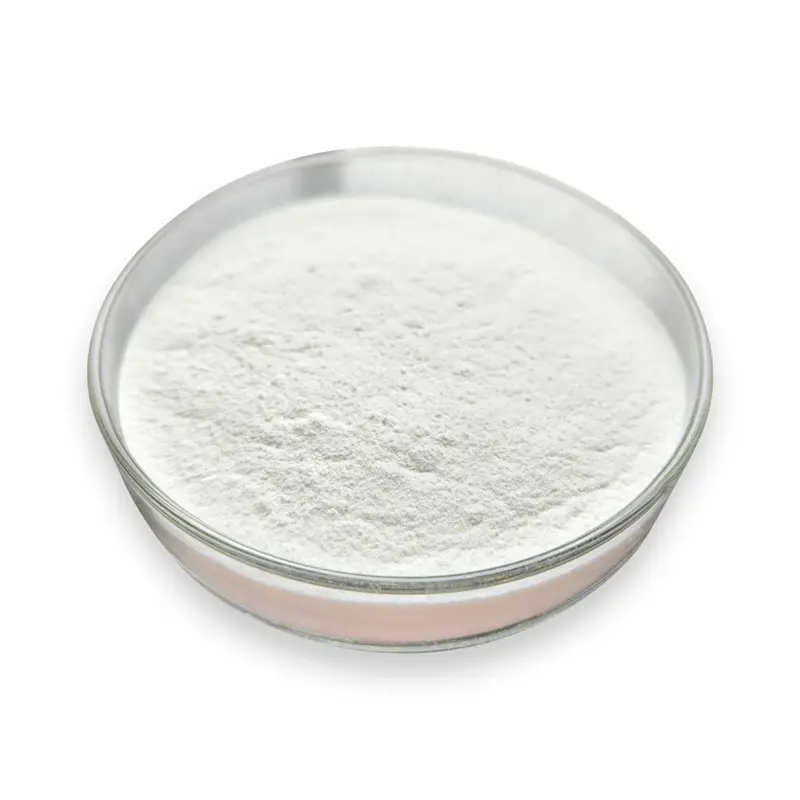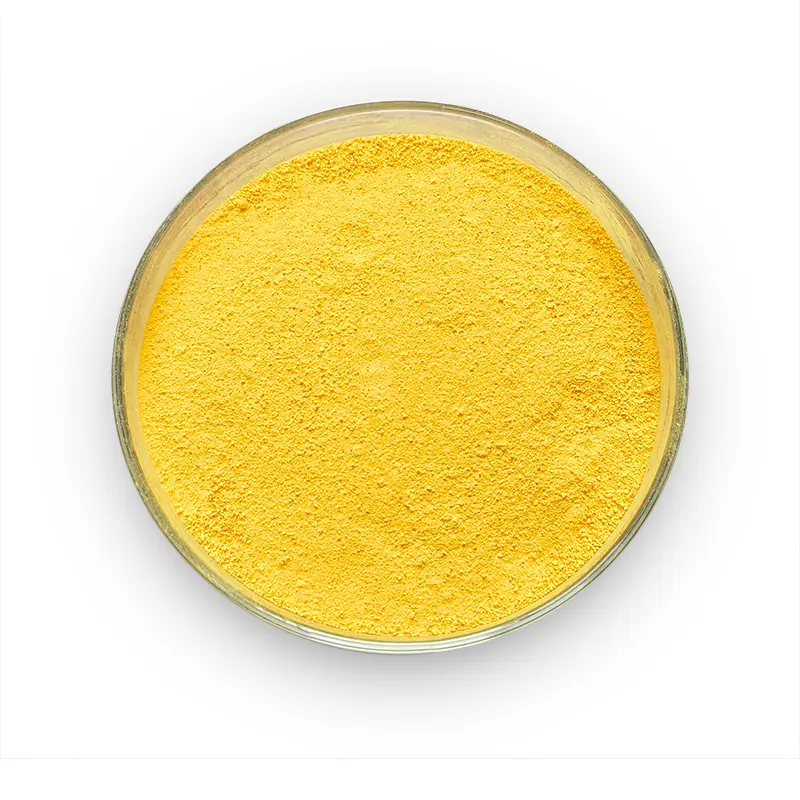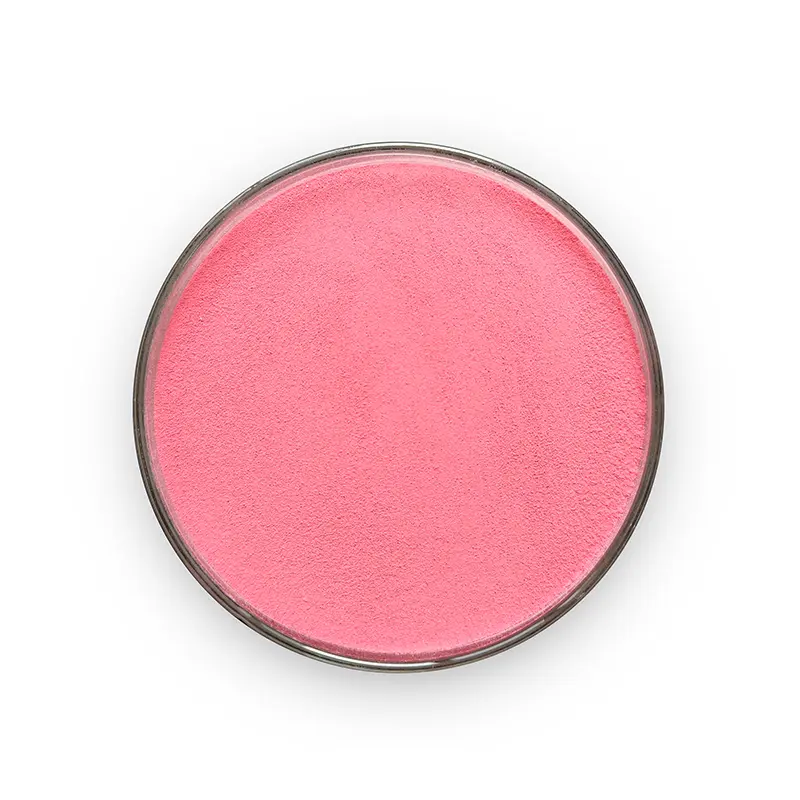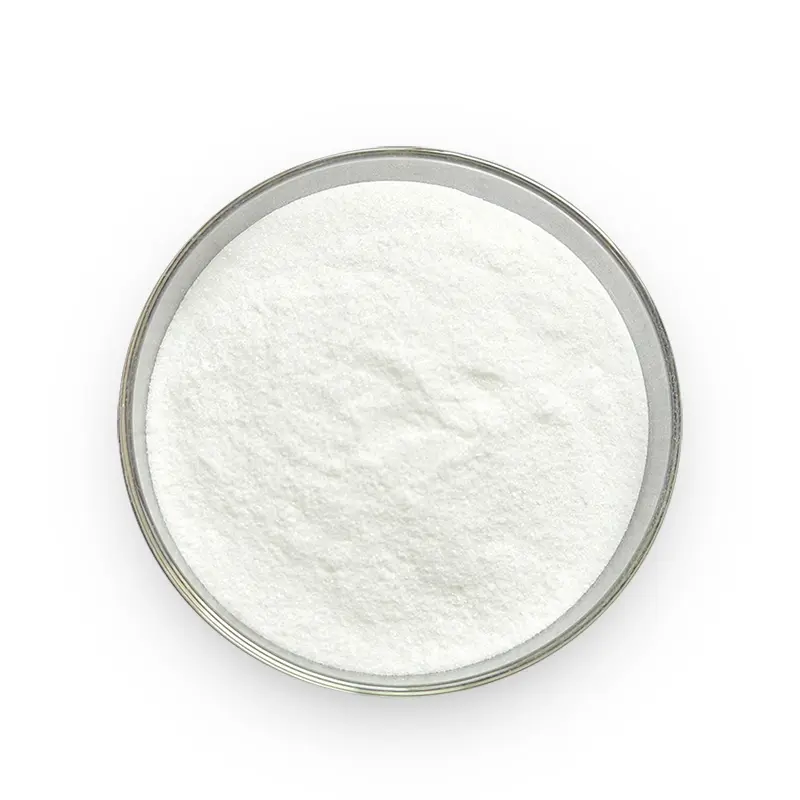DeBon Premium Water-Dispersible DL-α-Tocopheryl Acetate (Vitamin E) Feed Additive
Product Specifications
| Product Name | Vitamin E (DL-α-Tocopheryl Acetate) |
| Active Ingredient | DL-α-Tocopheryl Acetate (Vitamin E) ≥50.0% |
| Composition | DL-α-Tocopheryl Acetate, Sodium Starch Octenylsuccinate, Silicon Dioxide |
| Appearance | Off-white to yellowish powder or granular powder (hygroscopic) |
| Moisture (Loss on Drying) | ≤5.0% |
| Heavy Metals |
Lead (Pb): ≤10 mg/kg
Phosphorus (P): ≤3 mg/kg |
| Water Dispersibility | Fully dispersible in water without stratification or sediment (1g in 100mL water) |
| Compliance Standards | QCS.13.006.71(D007) (Company Standard) |
Functional
Vitamin E (DL-α-Tocopheryl Acetate) is essential for:
Antioxidant Protection: Neutralizes free radicals, protecting cell membranes and lipids from oxidative damage.
Immune Support: Enhances immune response and disease resistance in animals.
Reproductive Health: Improves fertility and reproductive performance in breeding livestock.
Growth Promotion: Supports muscle development and overall growth efficiency.
Storage & packing
Storage Conditions
Store in a cool, dry, well-ventilated area, protected from light and moisture.
Avoid contact with toxic or hazardous substances.
Transportation: Protect from light, humidity, high temperatures, and physical damage; do not transport with toxic materials.
Packaging
Net Weight: 25 kg/carton
Shelf Life: 24 months
Usage & Dosage
Application: Uniformly mix into compound feed or total mixed ration (TMR).
Recommended Dosage (based on Vitamin E content):
Swine: 10–100 IU/kg of feed
Cattle: 15–60 IU/kg
Sheep: 10–40 IU/kg
Poultry:
Chickens: 10–30 IU/kg
Ducks/Geese: 20–50 IU/kg
Aquatic Species: 30–120 IU/kg
Note: Adjust dosage according to species requirements, growth stages, or veterinary guidance.
FAQs
1. What are the key advantages of water-dispersible Vitamin E over oil-based forms?
This advanced formulation uses micellar encapsulation technology to achieve:
Instant water solubility: Stable dispersion in liquid feed systems (pH 3–9) without sedimentation or phase separation.
Enhanced bioavailability: 35% higher absorption in poultry compared to traditional oil-based Vitamin E.
Heat resistance: Retains 90% potency after steam pelleting at 85°C for 3 minutes.
2. How does the water-dispersible technology improve stability?
Oxidation Resistance: 60% slower degradation vs. non-encapsulated forms due to dual-layer antioxidant protection (ascorbyl palmitate + rosemary extract).
Light Stability: Maintains potency under UV exposure for 48 hours (vs. 12 hours for standard forms).
Shelf Life: 24 months at 25°C in sealed packaging.
3.Is it compatible with acidifiers, trace minerals, or liquid medications?
Compatible:
Organic selenium (selenomethionine): Synergistic antioxidant effect.
Choline chloride (liquid): No interaction in premixes.
Incompatible:
Ferrous sulfate (>500 ppm): Pro-oxidant effect in acidic solutions.
Quaternary ammonium compounds (e.g., benzalkonium chloride): Disrupts micellar structure.
Compatibility
Compatible With:
| Category | Examples | Best Practice |
| Antioxidants | Vitamin C (encapsulated), CoQ10 | Synergistic oxidative protection |
| Minerals | Zinc methionine, Mn-glycinate | No redox interaction in neutral pH |
| Probiotics | Lactobacillus acidophilus | Enhances gut barrier function |
| Fatty Acids | Omega-3 concentrates | Prevents lipid peroxidation |
Incompatible With:
| Substance | Risk | Mitigation Strategy |
| Copper sulfate (>300 ppm) | Accelerates oxidation | Use copper proteinate or separate mixing |
| Calcium hypochlorite | Oxidizes micelles | Flush system thoroughly before dosing |
| High-pH solutions (>9) | Micelle destabilization | Adjust to pH 6–8 before addition |
| Ethanol (>10% carrier) | Solvent effect on coating | Use propylene glycol alternatives |
product details
